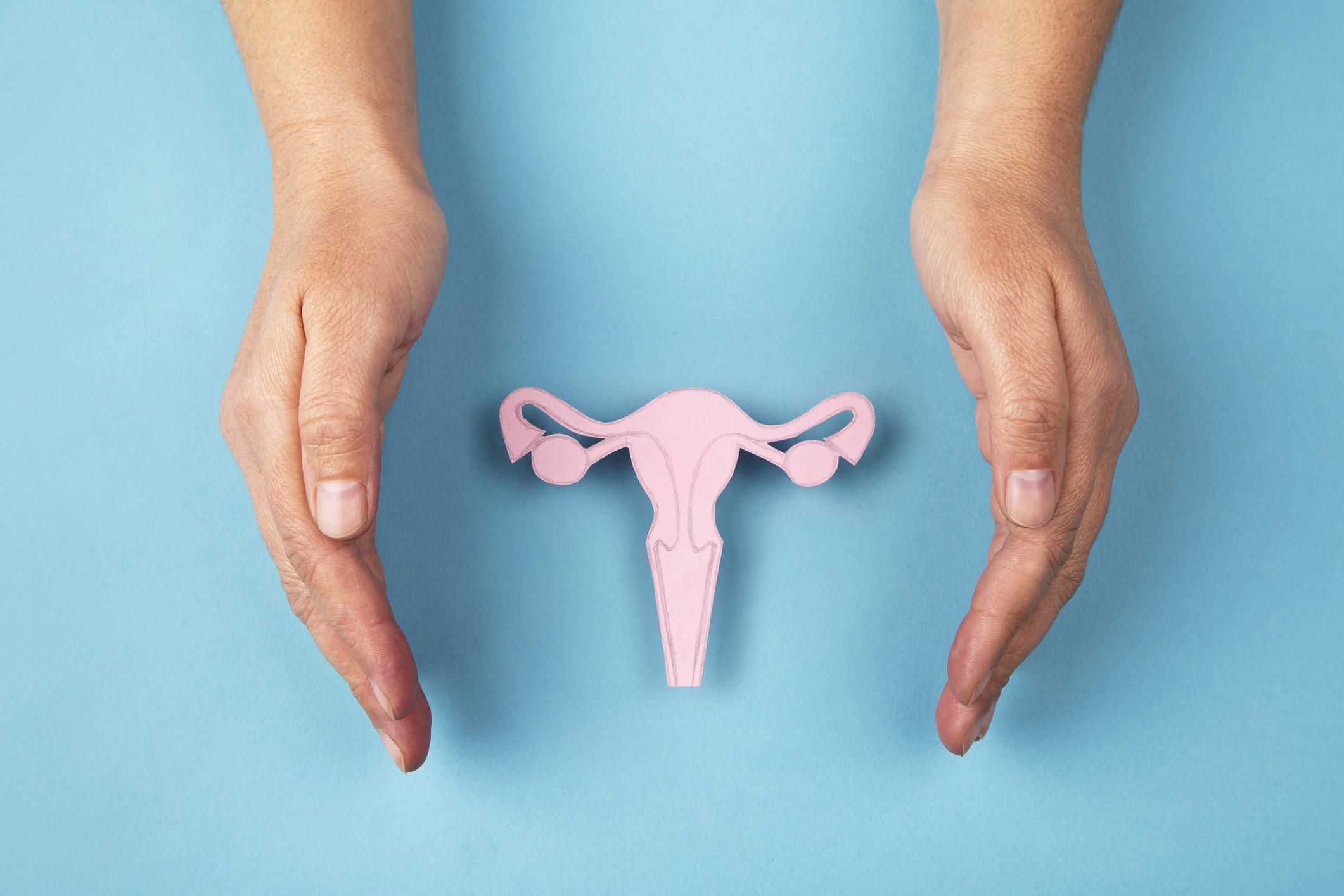Medically reviewed by Nancy Berman, MSN
Infection with high-risk types of human papillomavirus (HPV), the cause of cervical cancer, is common. By the age of 50, 80% of women will have had an HPV infection with one or more of 14 high-risk HPV types. Most infections are cleared within 24 months. If the virus isn't cleared and persists, cells may become moderately or severely abnormal (also called pre-cancer). The purpose of screening by Pap and/or HPV testing is to find and then treat pre-cancer to prevent cancer from occurring.
Get the answers to these commonly asked questions about HPV, cervical cancer and cervical cancer screening.
From Your Site Articles
- Fast Facts: Here's What You Need to Know About Cervical Cancer ... ›
- The Importance of Cervical Cancer Screening During COVID-19 and ... ›
- Cervical Cancer - HealthyWomen ›
- How a Cervical Cancer Diagnosis in My 20s Taught Me How to Live - HealthyWomen ›
- Planned Parenthood Saved Me From Cervical Cancer - HealthyWomen ›
- Planned Parenthood Saved Me From Cervical Cancer - HealthyWomen ›
- A Conversation About HPV & Cervical Cancer Screening - HealthyWomen ›
- Una conversación sobre las vacunas contra el VPH y las examinaciones de cáncer cervical - HealthyWomen ›
- Ask the Expert: HPV and Cervical Cancer - HealthyWomen ›
- Why do I need a Pap test and an HPV test? - HealthyWomen ›
- HPV or Pap Test - HealthyWomen ›
- Difference Between HPV Vaccine and HPV Test - HealthyWomen ›
- Difference Between a Pap Test and an HPV Test - HealthyWomen ›
- Take Steps Toward Preventing Cervical Cancer - HealthyWomen ›
- How often should I be screened for cervical cancer? - HealthyWomen ›
- Living with HPV and Cervical Cancer - HealthyWomen ›
Related Articles Around the Web


